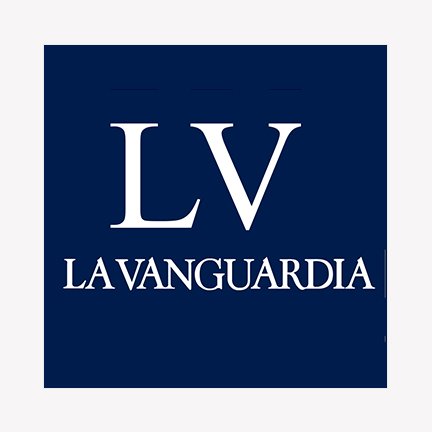FOX BUSINESS NEWS TV HOST INTERVIEWED GEORGE STROUMBOULIS ON AMERICAN POLITICAL VIEWS
George Stroumboulis was recently featured on Fox News' national broadcast, where he was interviewed by Lisa “Kennedy” Montgomery, the charismatic host of the show Kennedy. While cruising through the energetic streets of Manhattan, New York, the interview took a playful turn when Kennedy asked George for his thoughts on the classic debate of Capitalism versus Socialism.
In a lighthearted exchange, Kennedy questioned George, expecting a bold response. However, George kept things fun and neutral, emphasizing his Canadian background as a key influence on his balanced perspective. His witty response caught Kennedy off guard, leaving her speechless and chuckling as she continued with her show.
For the full video segment, please check out the link below.
“Totally neutral. Show me a fence and I will sit on it, that is my stance. ”
Having a laugh with host, Lisa “Kennedy” Montgomery on the streets of New York.
George sporting his company’s volunteering initiative on his shirt, Invigorate Your Community, by Ideoli.
Link to online source: https://www.youtube.com/watch?v=LinzgTr4X7E
MORE ABOUT POLITICS IN AMERICA
The divide in US politics can be attributed to a combination of historical, social, economic, and cultural factors that have evolved over time. This division has become more pronounced in recent years, leading to a deeply polarized political landscape. Here are some key factors that contribute to the political divide in the United States:
Historical Factors: The United States has a history of differing regional interests, dating back to the Civil War era. Historical events such as the Civil Rights Movement, the Vietnam War, and debates over social issues have created lasting divisions.
Media and Information: The proliferation of cable news, social media, and online platforms has enabled the spread of information and opinions. This has led to the rise of echo chambers and the selective consumption of news, reinforcing existing beliefs and contributing to polarization.
Economic Inequality: Socioeconomic disparities have led to differing views on economic policies, wealth distribution, and the role of government in addressing economic challenges.
Cultural and Social Issues: Divisions over cultural and social issues, including abortion, LGBTQ+ rights, immigration, and gun control, have deeply divided Americans along ideological lines.
Party Realignment: Both major political parties, the Democrats and Republicans, have undergone shifts in their platforms and constituencies over time, leading to ideological changes and new alliances.
Gerrymandering: Manipulation of electoral district boundaries to favor one party has contributed to the entrenchment of certain political ideologies and reduced competitiveness in elections.
Political Rhetoric: The use of inflammatory rhetoric, negative campaigning, and partisan language by political leaders and media outlets can exacerbate divisions and foster a hostile political environment.
Identity Politics: Identity-based politics, including racial, ethnic, and religious identities, have influenced political allegiances and policy positions.
Geographical Differences: Rural-urban divides, along with differences between coastal and heartland states, have led to varying perspectives on issues like environmental regulations and economic development.
Polarization of Media: Media outlets catering to specific ideological viewpoints contribute to the amplification of partisan narratives and the delegitimization of opposing viewpoints.
Political Elites: Divisions among political elites, including lawmakers and party leaders, can reinforce partisan divides and limit cooperation on policy matters.
Lack of Trust in Institutions: Erosion of trust in institutions, including government, media, and academia, can lead to skepticism of information sources and the rejection of opposing viewpoints.
Globalization and Economic Shifts: Changes in the global economy and workforce dynamics have generated differing opinions on trade policies, globalization, and protectionism.
The combination of these factors has created a complex and multifaceted divide in US politics, making it challenging to find common ground and promote bipartisan cooperation. Addressing these divisions requires efforts to bridge gaps in understanding, promote constructive dialogue, and work towards policies that benefit the nation as a whole.















